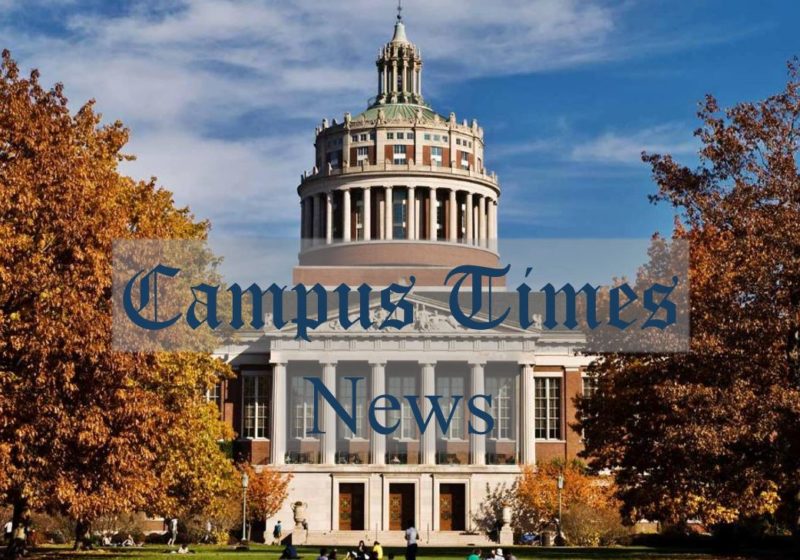After an Oct. 11 restorative circle meeting, Chinese Students’ Association (CSA) president junior Sampson Hao will be dropping his constitutional appeal against College Republicans.
This is not due to the meeting, Hao said, but because CSA feels they’ve made their point to the University.
That point is that CSA’s involvement in the conflict “is not about [politics], it’s not about free speech, it’s just a simple harassment and bullying issue on campus,” Hao said, later clarifying that the “harassment and bullying” occurred online in relation to the controversy.
The move effectively ends the student government conflict between College Republicans and CSA that began with Hao’s letter of intent, submitted to student government’s All-Campus Judicial Council (ACJC), calling for the cancellation of an upcoming College Republicans event on the mass incarceration of Uighurs in China.
The most recent appeal — which Hao never submitted to ACJC — would have questioned the SA constitutionality of College Republicans’ actions, as well as the justification for events on international politics.
According to Hao, that first letter was submitted after College Republicans refused to negotiate or communicate with CSA on the event. Senior Anthony Pericolo, president of College Republicans, denied that was the case.
After Hao submitted his initial letter, Pericolo submitted a letter of intent calling for a Student Code of Conduct investigation against CSA, in regards to posters and the distribution of documents against an earlier College Republicans event on Tibetan democracy. CSA is unaffiliated with the posters or the documents.
Later ACJC informed Pericolo that Student Code of Conduct complaints go through the Center for Student Conflict Management, not ACJC. Instead, Pericolo dropped the request.
Hao said that one of CSA’s objectives for the restorative circle meeting was that College Republicans communicates with them about future events.
Pericolo told the Campus Times in an email that College Republicans will be clearer that “criticism of a government’s policies does not mean criticism of its citizens,” and that events can be one-sided.
“People should take what our guests say with skepticism and draw conclusions based on their own analysis of the content from our event,” Pericolo added. “And disagreements are welcome during our question and answer periods.”
A statement saying such will probably put out before every event, Pericolo said.






